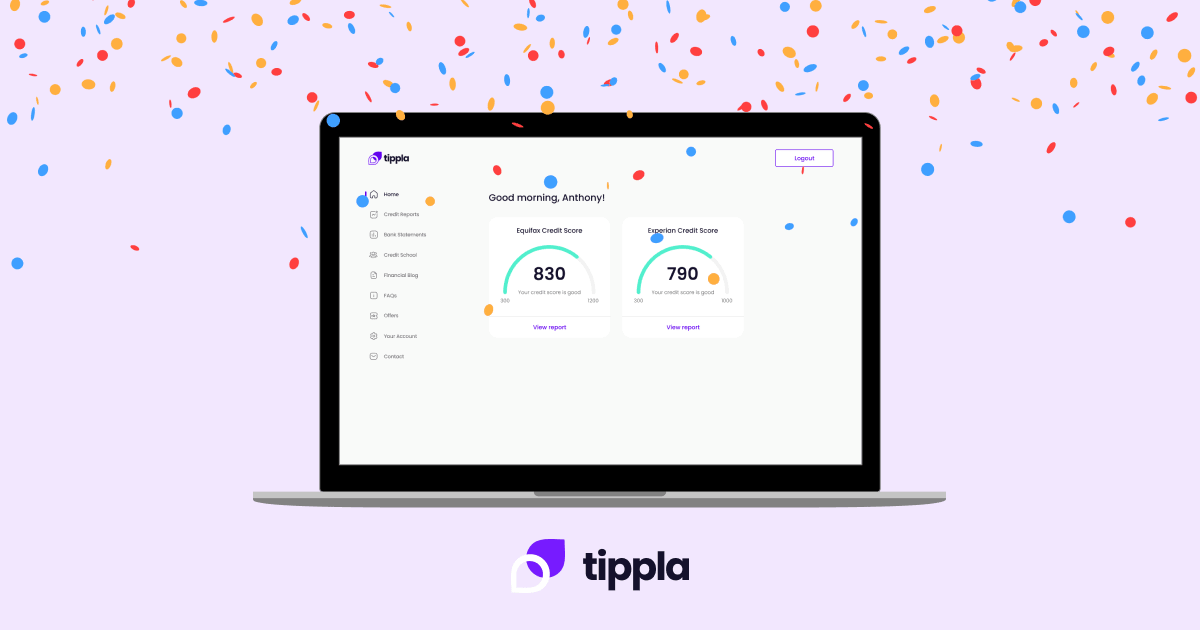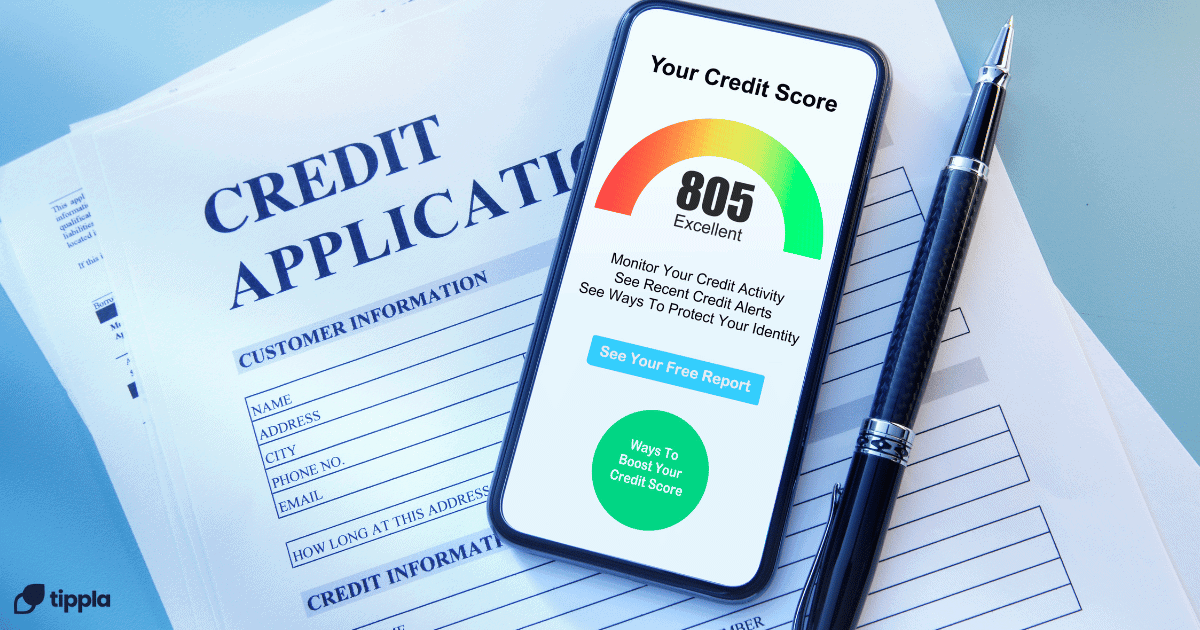Published in July 28, 2021
Which major banks can I get a personal loan from?

Are you looking for a personal loan from a familiar bank? Almost all major banks offer different types of personal loans.
Major banks across Australia offer a range of personal loans. Those include secured and unsecured loans, debt consolidation, car loans and more. As soon as you decide you need to take out a loan, you have to consider which loan is best suited for your financial needs and position. Therefore, you’d want to compare different providers.
Let us help you compare Australia’s major banks and understand their must-knows about personal loans.
What banks should I consider for a personal loan?
As mentioned before, there are multiple banks to consider when applying for a personal loan. However, every bank varies and may focus on specific loans.
Your options when taking out a loan
When you look at your options, the sheer amount of providers can be overwhelming. We can help you delve into your major bank options and alternatives to find the best personal loan.
Major banks: There are four major banks in Australia – Commonwealth Bank, NAB, ANZ, and Westpac. However, many Australians consider other banks as “major” such as St. George (owned by Westpac), Bankwest (owned by Commonwealth Bank), Bank of Melbourne (also owned by Westpac), ING Direct and HSBC (owned by international financial institutions), and Suncorp.
Credit Unions: The closest alternative to taking out a loan from a major bank is borrowing from credit unions. Credit unions are non-profit financial institutions. They often offer better interest rates compared to major banks. That’s because, unlike banks, they are not running by providing dividends to shareholders. However, the one thing to note about credit unions is that you will need to become a member and become part of the union. Member rates are usually around $10 and deem worthy of the small interest rates and fees.
Is borrowing from a major bank better?
Generally, there are no major advantages you may get from banks that you wouldn’t get with other providers. Let’s look at the pros and cons: On the plus side, banks grant you access to a local brick and mortar branch where you may conduct several financial services. Additionally, you can speak to a financial advisor in person if you need to. However, you will most likely face higher interest rates and fees with banks, than you would with credit unions.
Another common advantage of borrowing a personal loan from a major bank is that they offer higher loan amounts and terms. You are after a large loan? With banks in Australia, you may borrow up to $100,000 and have repayment of 1-10 years.
What types of personal loans do banks offer?
The three main types of personal loans offered by banks are unsecured, secured, and debt consolidation loans. We’ll help you understand each loan type and what they mean.
Secured Loans: Secured personal loans are loans that are secured against an asset that a borrower provides to the lender. The asset could either be a car, house, or valuable item such as jewellery. Those assets are known as collateral for the loan. When a borrower offers an asset, it makes providing a loan less risky to lenders. Therefore, if you don’t make your payments, a bank can seize your asset. Secured loans tend to have lower interest rates compared to other loans, because of the financial security that comes along with it.
Unsecured Loans: On the contrary, unsecured loans are smaller loans that don’t require an asset to be provided for security. However, banks will focus on your financial profile if borrowing unsecured loans. Factors such as your income, credit score, and spending habits will be thoroughly examined to determine how much of a risk you are to lend to. Unsecured loans typically have higher interest rates compared to secured loans as they are riskier for lenders.
Debt consolidation: If you have accumulated debt from multiple sources (credit card, personal loan, student loan…) payments can get overwhelming. A debt consolidation loan combines all your payments into one. This may offer you a better loan rate and only one payment to keep up with. It may even improve your credit score.
It’s best to ensure you fit the eligibility criteria before applying for any type of loan. Unsure of how to get a high credit score? Tippla can help you!
Features to look for when getting a personal loan from a major bank
Don’t focus only on a low interest and comparison rate, there are many factors to look for when comparing loans from major banks.
Flexible repayment: The best way to pay off your loan is by personalising your repayment schedule to suit your current position. Additionally, paying off loan fortnightly rather than monthly may save you more money every year. For example, having a monthly payment of $500 will result in paying back $6,000 a year. However, if you pay $250 fortnightly, you will pay back $6,500 a year, as a result majorly reducing your loan term.
Extra payments: Having a fee-free repayment schedule that makes you make lump sum repayments will help you reduce your loan term. However, note that fixed-rate loans won’t allow extra repayments and may charge you an additional fee.
How much can I borrow?
Although you have the option of borrowing up to $100,000 with big banks, you should always ensure you can comfortably afford the repayments. Moneysmart’s loan calculator can help you determine how much your repayments will be, which can help you understand how much money you should borrow and whether you should consider a smaller amount.
Before taking out a secured loan, you should also check if you’re eligible. Regardless of the financial institution, you will most likely have to meet certain requirements as a borrower. These requirements may include things such as:
– Being 18 or over;
– Having a stable income, sometimes for a certain period before your application;
– Being a permanent resident or Australian citizen;
– The purpose of the loan.
Personal Loan Comparison
| Bank | Interest Rate | Comparison Rate | Loan Term | Monthly Repayment |
| CUA | Fixed:
9.88% |
10.14% | 1-7 years | $649.95 |
| ING | Fixed:
8.99% |
9.13% | 2-5 years | $639.08 |
| ANZ | Fixed:
12.45% |
13.32% | 1-7 years | $669 |
| Heritage | Fixed:
4.69% |
7.16% | 1-10 years | $597 |
While we at Tippla will always do our best to provide you with the information you need to financially thrive, it’s important to note that we’re not debt counsellors, nor do we provide financial advice. Be sure to speak to your financial services professional before making any decisions.
Related articles

Tippla got a makeover – we’re back, and we’re better than ever!
24/08/2021
Tippla has rebuilt its platform from scratch, to give...

Understanding and Using Line of Credit Loans
23/07/2024
In Australia, the financial landscape offers a variety of...

Insurance Claims: What Do I Need?
28/07/2021
Everything you need to know about insurance claims Investing...

Credit Scores for International Students in Australia: Building Credit History
06/09/2023
In Australia, as in many other countries, a good...
Subscribe to our newsletter
Stay up to date with Tippla's financial blog